Live performances in the future
28/08/2020
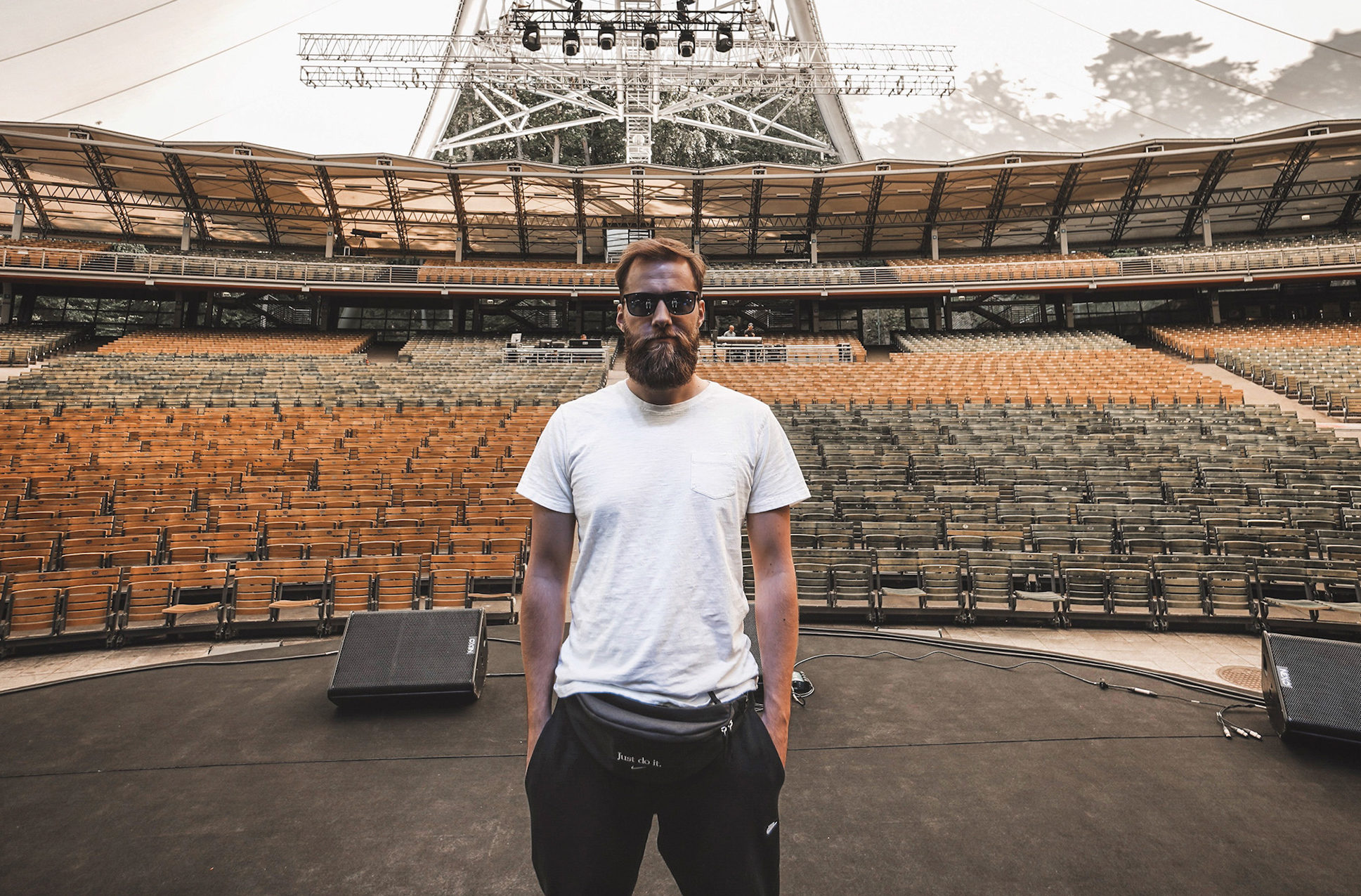
Live performances in the future: how will coronavirus influence
the entertainment industry?
Will such events like international festivals, concerts on stadiums, or recently popular stand-up galas survive? Will performances when a theatre auditorium is full of viewers come back? Will comedy and magic shows we know from the past with a few thousand people watching return?
I’m both: a creator and a recipient of art and that’s why I’m watching carefully what is currently happening with culture. Today I’d like to discuss a topic of the future of live performances and challenges which creators of art have to face in the era of COVID-19 pandemic.
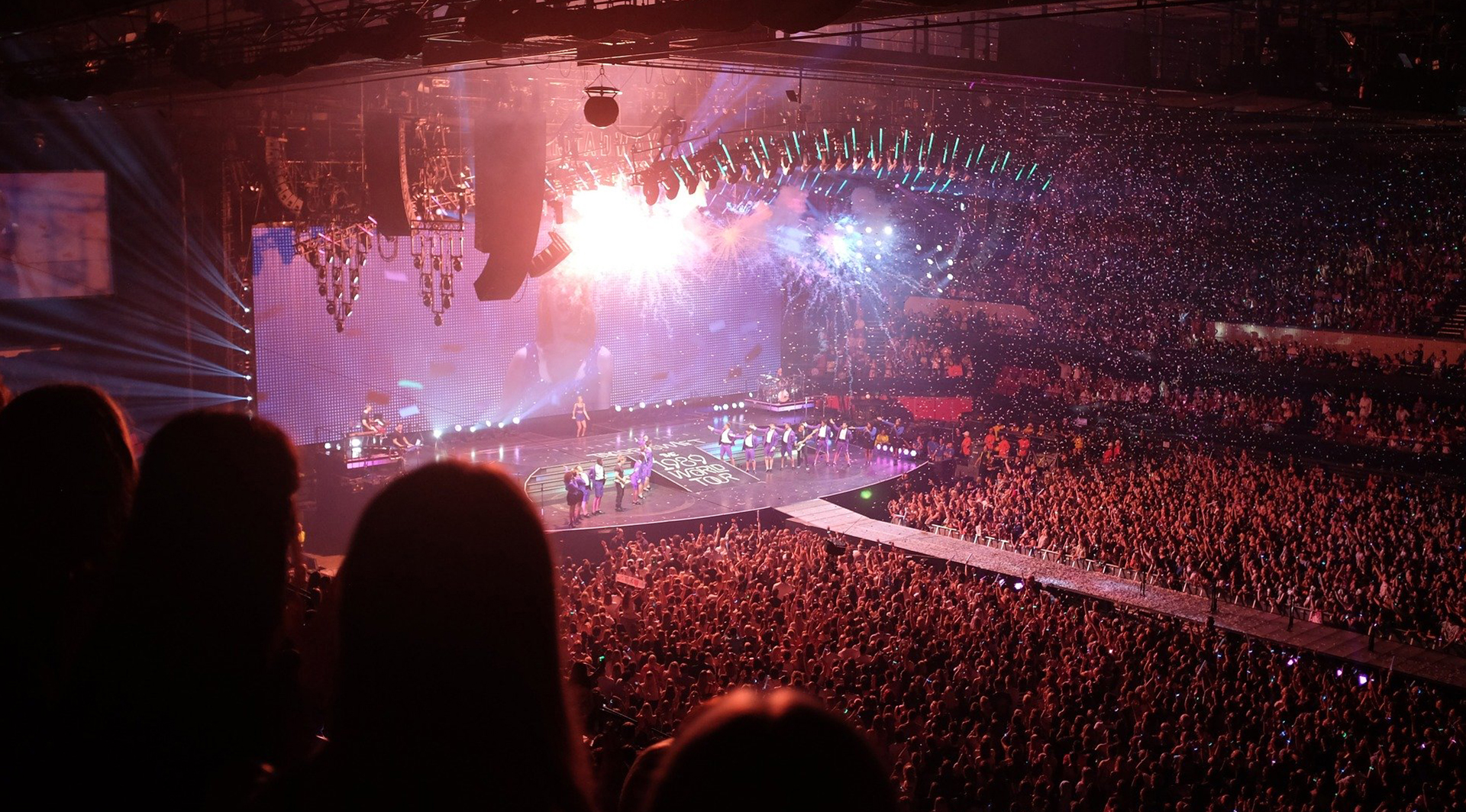
The basic idea of live entertainment is being among people
There’s nothing better than watching art shows in a group of people who together admire what they watch or listen to. When they laugh at a comedian’s jokes together or dance on the dance floor during a music concert. When they are touched at the exactly same moment while watching a spectacle, or when they collectively get deluded during a magic show.
With no doubt, there’s something magical about it. When we unite in the crowd, the unique atmosphere is created and unusual energy is generated. And all of this builds exceptional memories. That’s the reason why we love such events.
An American writer Joan Didion, an author of the book: “The Year of Magical Thinking” after watching this very personal story on the stage of a theatre said: “I’ve understood the value of common experience. The audience also cooperates – we’re together in it, what really reminds me of life.”
From a stage artist’s point of view: the participation of audience means a lot
As a comedian and a magician I can’t imagine my performances without audience because my show is based on interaction with people. The public aren’t only recipients – they create this magical spectacle together with me.
Through the energy which is generated during a performance, all participants of my show get easily carried away to the world of magic and humour. Thanks to spontaneous reactions of my viewers every show I present is unique. That’s why I believe that comedy and magic without contact with the public lose their power.
The similar situation is with music- the concerts are the essence of the musicians’ creative work. Although, the music bands could theoretically go online (in contrast to improvised comedy, which closely cooperates with the audience during a show), all entertainers get the greatest satisfaction and joy from live performances in front of the public.
Live entertainment and social distance caused by the pandemic are contradictory, thus the future of art events is uncertain.
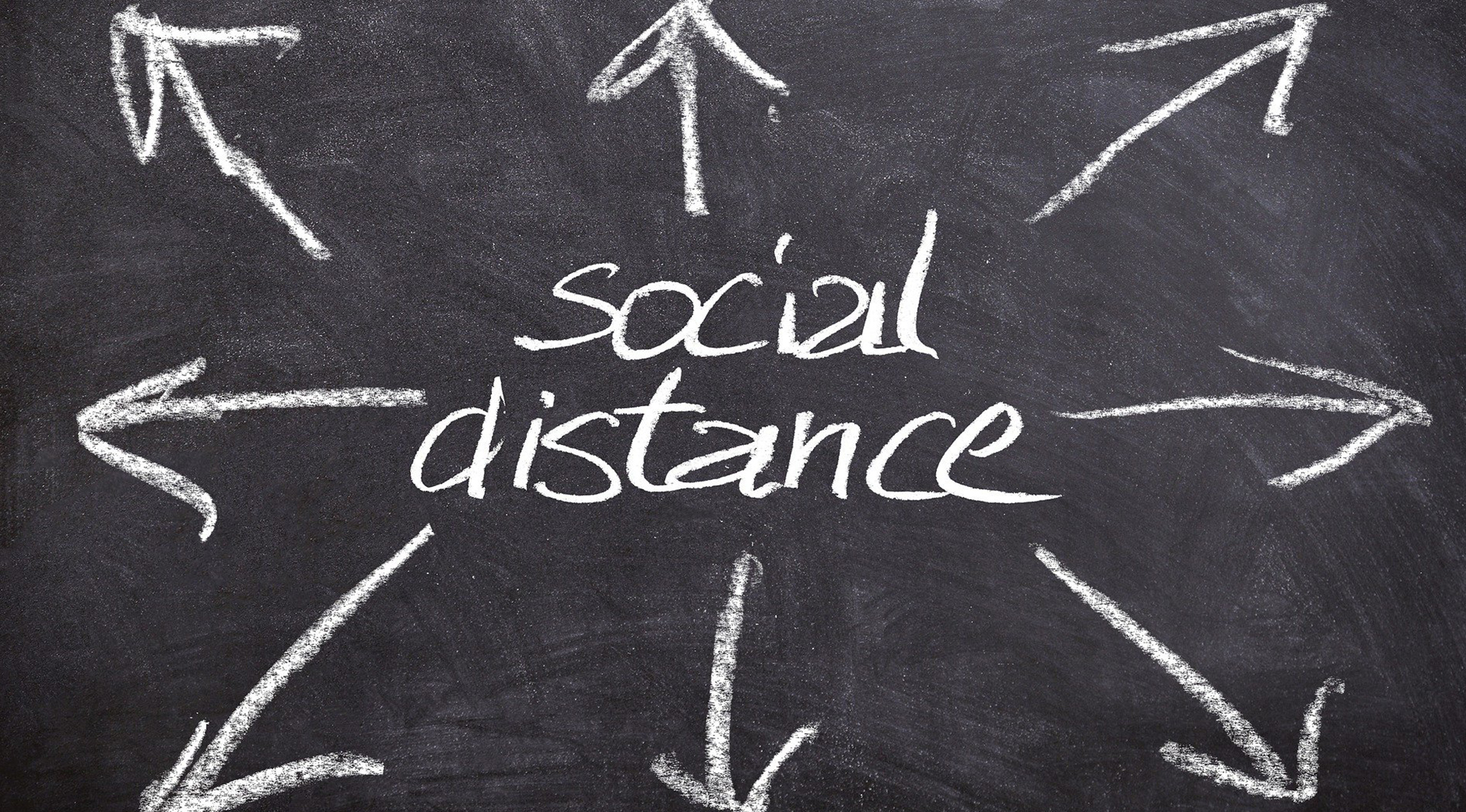
Surviving the crisis will be a huge challenge for artists
In the previous article I wrote about a difficult situation artists were dealing with because of stagnation in culture and in event industry. I’ve also mentioned in the text that a very hard period of time is awaiting us because the creative industries will not only suffer from few possibilities of performing because of coronavirus but also from deteriorating economic situation in the world. How many art creators will manage in this new reality – time will tell.
Pandemic “killed” events, but it didn’t kill creativity.
All events with participation of the audience were frozen in March, however during the first days after imposing restrictions a lot of stage artists went online.
During lockdown creative industries were providing plenty of new ideas and introduced a lot of new content on the net in order to make this difficult time become more pleasant to their recipients.
Musicians were live streaming concerts from their own apartments, actors were reading books to children, comedians were telling us jokes recorded for example in a car. I was also active online – as a “drunk illusionist” I made a culinary-magic show on my channel on Fb.
The crisis is an impulse for change and innovation
The possibility of monetizing art on the Internet has been quickly perceived.
Some creators has been sharing previously recorded performances on the condition you pay for the access. Others have been organizing online shows with tickets (this is the way how theatre and stand-up has been working).
Artists also have been selling their knowledge in a form of workshops or courses available on line. Musicians have been teaching how to sing, or have been running workshops on playing instruments. Actors have been arranging theatre consultations online and magicians have been instructing how to do magic tricks.
Even event agencies have been gradually expanding their offer by organization of online events. Also the hybrid format is becoming more and more popular. It’s about arranging an event partly in real life and partly online. The members of an event are divided into two groups: one group takes part in an event remotely (from a distance) and the second group is in the actual place where the event is happening.
So, to paraphrase Ernest Hemingway, an artist can be destroyed but not defeated – would you agree?
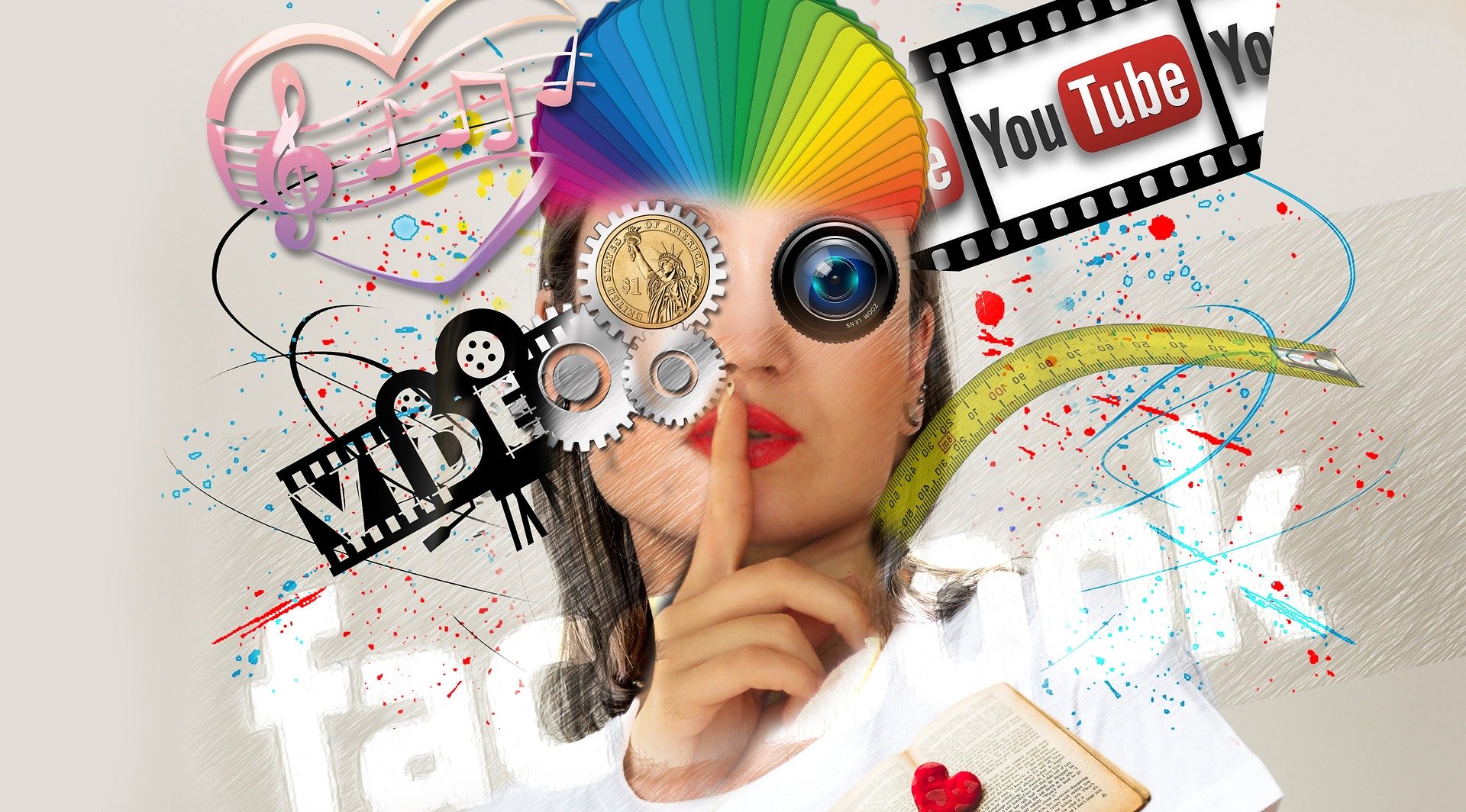
Perhaps this collapse will be for the best?
New solutions which the entertainment industry was forced to provide because of Covid-19 pandemic have their advantages. We, as recipients of art, have never had such amount of works of culture within reach before. And many of them we’ve got for free.
Artists also take advantage of this situation because online events (in contrast to offline events) have no limitations as far as space and geographic location are concerned. Thus, they can attract simultaneously many more viewers who come from every corner of the earth.
The development of creativity in the virtual world has changed the way the audience is now perceived. The public isn’t treated as a “local” group anymore (how it used to be when events were organized locally e.g. in some city). Currently they are perceived as global society. So paradoxically, art has never been more accessible before than it is now: during the pandemic.
According to the report: “COVID-19 Global Internet Phenomena”, demand for online culture has grown significantly for last few months. 80% of global activity on the Internet was connected with entertainment. A huge part of people on our planet spent the lockdown caused by the pandemic watching popular comedians’ live streams, listening to concerts online or trying to figure out illusionists’ magic tricks on YouTube.
That shows a great potential which is hidden in the digital world. You just need to find the way how to use it properly.
However there’s some “but”…
There are undoubtedly advantages of taking creative activity online both: from the creative industries’ and from recipients’ point of view.
For us – the viewers it’s simply comfortable because we can be provided with online entertainment while sitting on the sofa dressed in a tracksuit or pyjamas. Any time we want we can pause or play a chosen fragment of a spectacle again. There’s no problem with getting to the spot where an event takes place or we don’t get discouraged by bad weather. We’re not limited by a set date or time because we can download and play an app whenever we have free time. But…
For many of us, the performance of our favourite musician, comedian or magician is like a holiday we want to celebrate. We buy tickets in advance and then we count down to the day when we can finally watch our artist performing live. We book time and we prepare for the huge event. And then here it comes: the thrilling moment when we finally get together with other fans in front of the stage. This kind of emotions you can’t feel during events held in the digital world.
Little things make great experiences
In order to participate in online show we just need to click several times on our phones. In real life, if we want to get to the party we have to show our tickets first, then we get wrist bands, which we can keep as souvenirs.
When we enter a concert hall, we disconnect from the outside world. When we are at home we take a break from entertainment so as to do the laundry and hang it. We don’t capture the moments spent in front of computers with our cameras , but we are happy to take pictures at festivals. During a virtual concert we won’t smell this characteristic smoke from a fog machine, we can smell the aroma of cooked dinner instead. During an online theatre performance we won’t hear this specific noise of old floorboards creaking under actors’ feet. Instead, we can hear a neighbour’s dog barking. When we see a magician performing card tricks in a close-up show, all magic happens literally in our hands because we can touch and shuffle the deck of cards. When we participate in a live show, we have an opportunity to get an autograph or exchange a few words with an artist.
These little things make live events so special and multidimensional and they can’t be replaced in the virtual world.
That’s why in our common interest (stage creators and the public) is to come back to organizing live artistic shows with the participation of the public as fast as possible. Before we all get used to online culture.
Returning to “old” normality won’t be easy
Even if all restrictions are lifted and it’s allowed to fill the concert halls, stadiums and clubs with people, the question is: how many of us will decide to take part in such events? How much time will it pass before we all forget about Covid-19 pandemic and before we learn to live without fear? Is it possible at all?
Therefore, we had better start considering two issues now: how to safely restore all live events and how to persuade people to attend them. These are big challenges that the entertainment industry has to face.

Coronavirus has changed the public’s habits
People have started to spend their money more carefully. They’ve been reducing their cost of living and they’ve been allocating their financial resources for ” treats” more consciously. Thus, the crisis will verify the entertainment market. The spectacles providing high artistic value will probably manage. However , these average quality shows may be in trouble.
Fewer people book tickets in advance. Most people who are interested in taking part in an event, make a last minute decision. They do so because they are afraid of cancellation of a planned party due to another restrictions. For organizers of events it’s a problem because they don’t know whether a project will be profitable till the last moment.
Recipients of art got used to the wide range of entertainment on the Internet. Therefore, they don’t want the artists’ activity to go completely offline. A lot of artists have perceived the potential of the digital world, which is why they are going to still work online.
What does the research say about the future of art shows with the participation of the audience?
In 2018 Natalia Hatalska in the report on the future of entertainment indicated a growing trend for physical experiences in the real world. To prove her statement, she gave an example of a growing popularity of music festivals. As the author wrote, people are programmed to perceive the world with 5 senses. When they experience with one sense only, the world seems flat and less understandable. So there’s a strong need to be with music in the physical, real world, not only online.
A research carried out by Vivendi Brand Marketing about the influence of coronavirus on the entertainment consumption (done among 7 thousand people) proves that 44% of respondents want to return to participation in live events as far as possible. Whereas, 64% of concert fans are planning to go to a live show after the COVID -19 pandemic ends.
According to PwC UK report concerning expected changes in the media industry in Great Britain, mass live shows will probably come back because it’s hard to replace them in the virtual world.
The future of mass events according to organizers
Marc Geiger, a co-founder of Lollapalooza – one of the greatest music festival in the world, claims that mass concerts will be back, but no sooner than in 2022. That’s the time that has to pass before people are able to attend “high- risk” events.
Whereas, Mikołaj Ziółkowski, the head of Alter Art event Agency, is more optimistic about the future. He’s planning to organize Open’ er Festival next summer. The organizer claims that next year’s festival season will be record-breaking because people after 24-month break will be hungry for this kind of entertainment. Read Mikołaj Ziółkowski’s article
Agency Live Nation ,known for organizing mass concerts, states that people will go back to mass media events for sure when only it is safe. At the same time, the agency informs that they have already sold 19 mln tickets for over 4 thousand events taking place next year. Read the article about the losses of the giants of the concert market
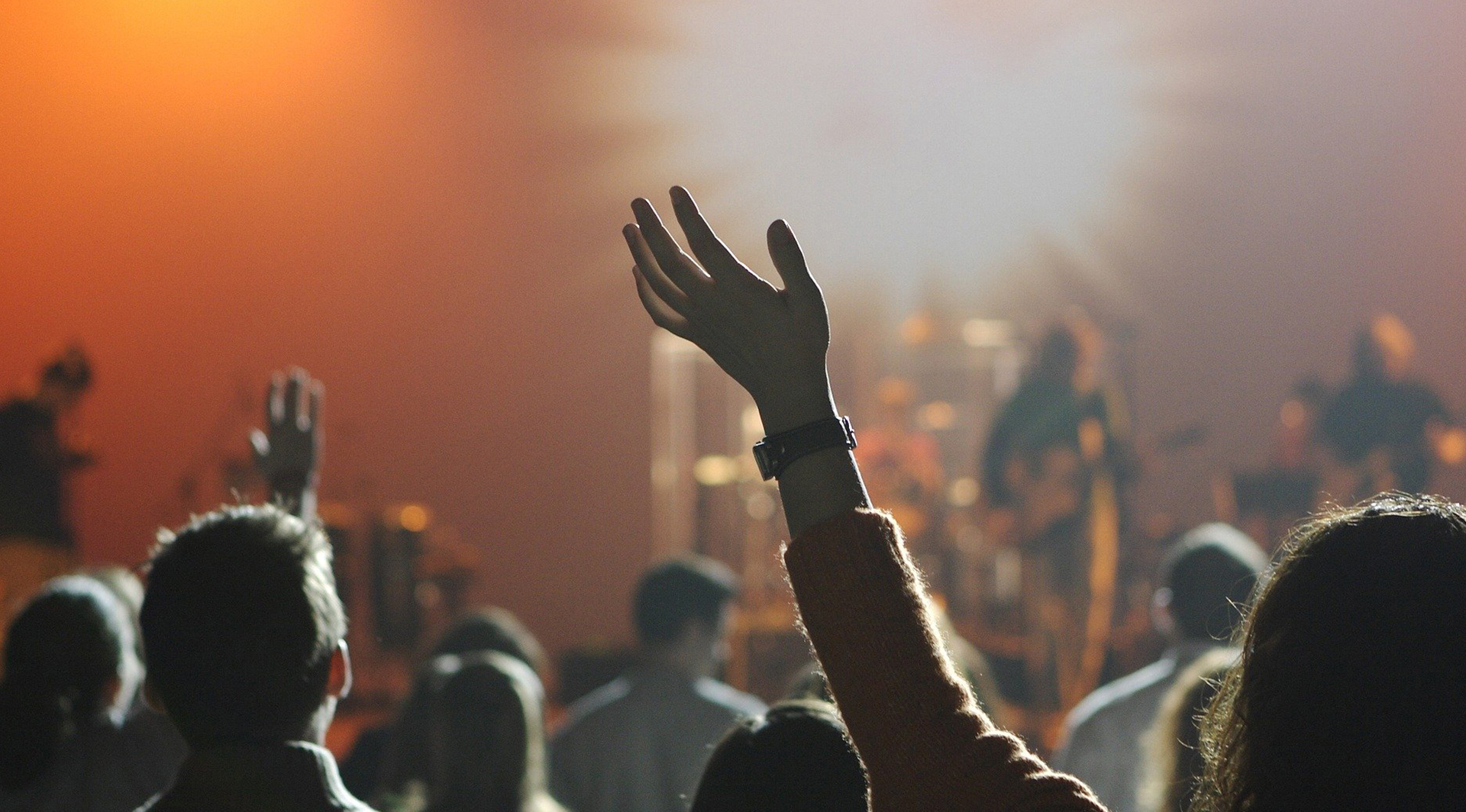
So will art shows, in a form we know them from the past, survive?
There’re many reasons to believe that they will.
It’s hard to deny the fact that coronavirus has completely changed the situation of the entertainment business. What the culture is actually experiencing now will affect its direction of development and future actions.
Probably some part of events will remain online, some of them will be realized in a hybrid way meaning simultaneously online and offline. Artists will also start to take advantage of possibilities offered by the Internet more often.
And I (although I think that you should experience magic “physically”) have been considering creating a special magic show, tailored to the digital world.
Finally, I’d like to pay your attention to the fact that performances with the attendance of the public have accompanied us for ever. They have survived all historical epochs, every war and progress and every epidemic. It proves the huge power of this form of art.
That’s why I strongly believe that sooner or later the entertainment industry will be reborn from the ashes and all art events with participation of the public will return.
And what do you think about it? Let me know in the comments below.

GET IN TOUCH
CONTACT DETAILS
MANAGER
+48 531 895 176
CONTACT DETAILS
MANAGER
+48 531 895 176

Comments (0)
No comments on the post! Be the first!